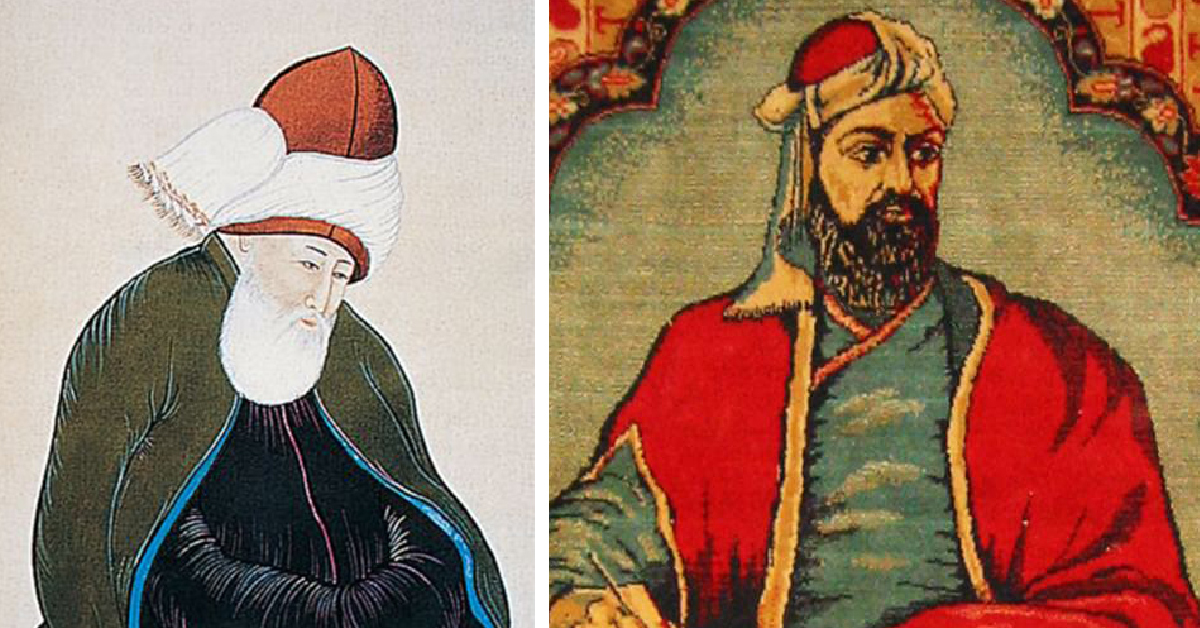2025
2025
2025-02-18

The prominent figures of Iranian and world culture, Nizami Ganjavi (12th century) and Jalal ad-Din Muhammad Balkhi (13th century), are among the targets of Turkish-Azerbaijani cultural appropriation. Jalal ad-Din Muhammad Balkhi (also known as Molavi, Molana) was born in 1207 in the city of Balkh, Khorasan (now in Afghanistan). At the age of 13, he moved with his family to Konya, the capital of the Rum Seljuk Sultanate (now in Turkey), and carried out his work there.
His religious-philosophical and mystical masterpiece, Masnavi-ye Ma’navi (The Spiritual Couplets), is an artistic reflection of the path to divine enlightenment and has no parallel in world literature.
The primary language of Molana's works, including Masnavi and others, is Persian. His religious-philosophical ideas were so profound and influential that after his death, his disciples founded the Mevlevi Sufi order, also known as the Whirling Dervishes.
The only connection to Turkicness of this Persian-writing author, who is inseparably linked to Iranian culture, is the city of Konya, located in present-day Turkey, where he lived and worked. In other words, for Turkey, the main justification for claiming this Iranian writer and his legacy is simply his place of residence.
The same concerns to cultural theft of Nizami Ganjavi by Azerbaijan which attempts to represent him as Azerbaijani. The 12th-century Iranian poet Nizami Ganjavi, who lived and worked in Ganja, is now presented as the “pillar of Azerbaijani literature.”
Recently, Iran’s Minister of Cultural Heritage, Tourism, and Handicrafts, Reza Salehi Amiri, speaking about cultural Iran in an interview, stated:
“The cultural capacity of the Republic of Azerbaijan belongs to Iranian civilization, even though today it is geographically within the territory of the Republic of Azerbaijan... When Iran registered the work of the Iranian writer Jalal ad-Din Balkhi (Masnavi-ye Ma’navi) on UNESCO’s list of cultural heritage as an Iranian cultural asset, they faced strong opposition from Turkey, as Turkey argued that since Molana worked and died in Konya, his legacy should be considered ‘Turkish cultural heritage’. If we follow this logic, then Afghanistan also has the right to claim him, as his birthplace is now in that country. Iran, in this case, asserts that Jalal ad-Din Balkhi’s work is of global significance and belongs to the world.”